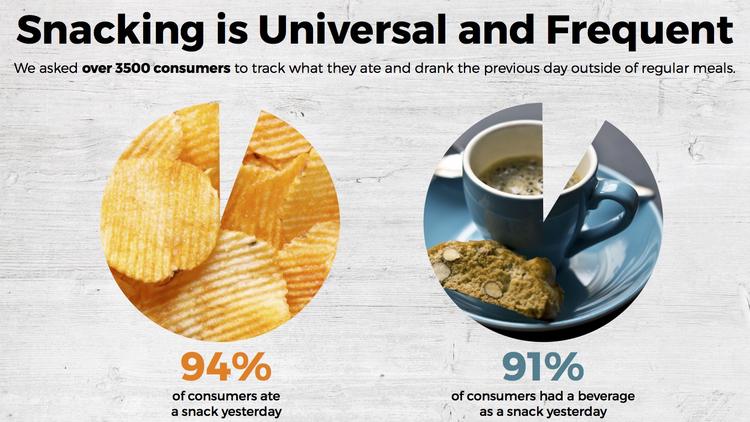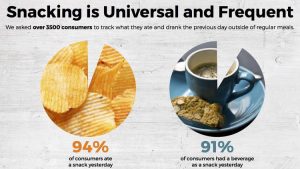Consumer behavior surrounding salty snack consumption plays a pivotal role in shaping both individual health outcomes and the environmental impact of these products. Understanding these patterns and fostering awareness about the consequences of excessive consumption are crucial for promoting responsible and mindful snacking practices. Let’s delve into consumer behavior, highlight the impacts of excessive consumption, and explore strategies to enhance awareness for informed and responsible snacking.
Consumer Behavior Patterns
- Taste Preference Over Health: Consumers often prioritize taste and convenience over health considerations when choosing salty snacks, leading to increased consumption of high-sodium, unhealthy options.
- Lack of Awareness: Many consumers are unaware of the detrimental health effects associated with excessive salt intake or the environmental impact of packaging waste from these snacks.
- Convenience and Marketing Influence: Easy access and persuasive marketing strategies contribute to impulse buying and overconsumption of salty snacks.
Image By: https://media.bizj.us/view
Impact of Excessive Consumption
- Health Ramifications: Excessive salt intake contributes to health issues such as hypertension, heart disease, and kidney problems, impacting overall well-being.
- Environmental Toll: Unchecked consumption leads to excessive packaging waste, contributing to pollution, landfill overflow, and greenhouse gas emissions.
Raising Awareness and Encouraging Responsible Consumption
- Education Campaigns: Implementing educational programs to inform consumers about the health risks associated with high-sodium diets and the environmental impact of excessive packaging waste.
- Transparent Labeling: Encouraging clearer labeling on snack packaging, highlighting nutritional information and the environmental footprint, empowering consumers to make informed choices.
- Promoting Alternatives: Highlighting healthier, homemade, and sustainably packaged snack options through marketing campaigns and partnerships.
Behavioral Nudges and Incentives
- Portion Control Messaging: Encouraging portion control messaging or smaller packaging sizes to promote moderation in consumption.
- Rewards for Sustainable Choices: Offering incentives or rewards for choosing snacks with minimal packaging or supporting brands with sustainable practices.
Technology and Social Influence
- Digital Platforms: Utilizing social media, apps, and online platforms to disseminate information, foster discussions, and promote responsible snacking.
- Influencer Engagement: Partnering with influencers or advocates promoting healthy and sustainable snacking to amplify awareness and influence consumer behavior positively.
Empowering Informed Decision-Making
Encouraging consumers to critically evaluate their snacking habits, understand the impact of their choices on health and the environment, and make conscious decisions is key to promoting responsible consumption.

Conclusion
Consumer behavior significantly shapes the impact of salty snack consumption on personal health and the environment. By fostering awareness through education, transparent labeling, behavioral nudges, and leveraging technology and social influence, we can empower consumers to make informed choices.
Promoting responsible snacking practices not only benefits individual health but also contributes to reducing environmental harm. Through collective efforts to raise awareness and encourage responsible consumption, individuals can make a positive impact on their well-being and the sustainability of our planet.











